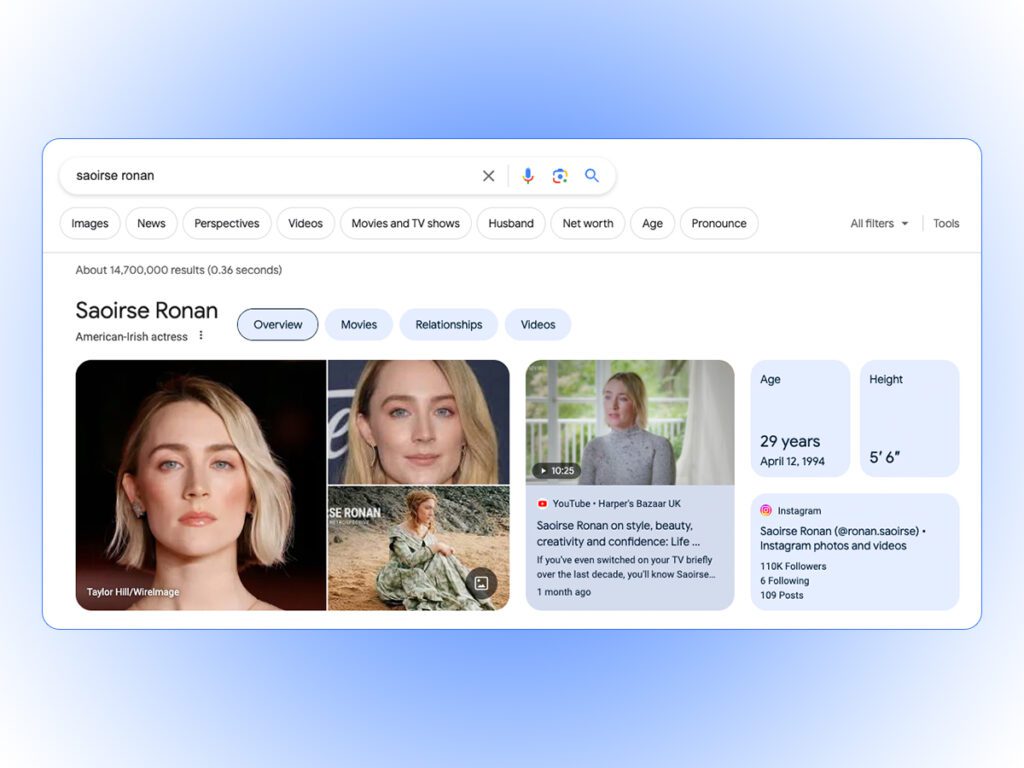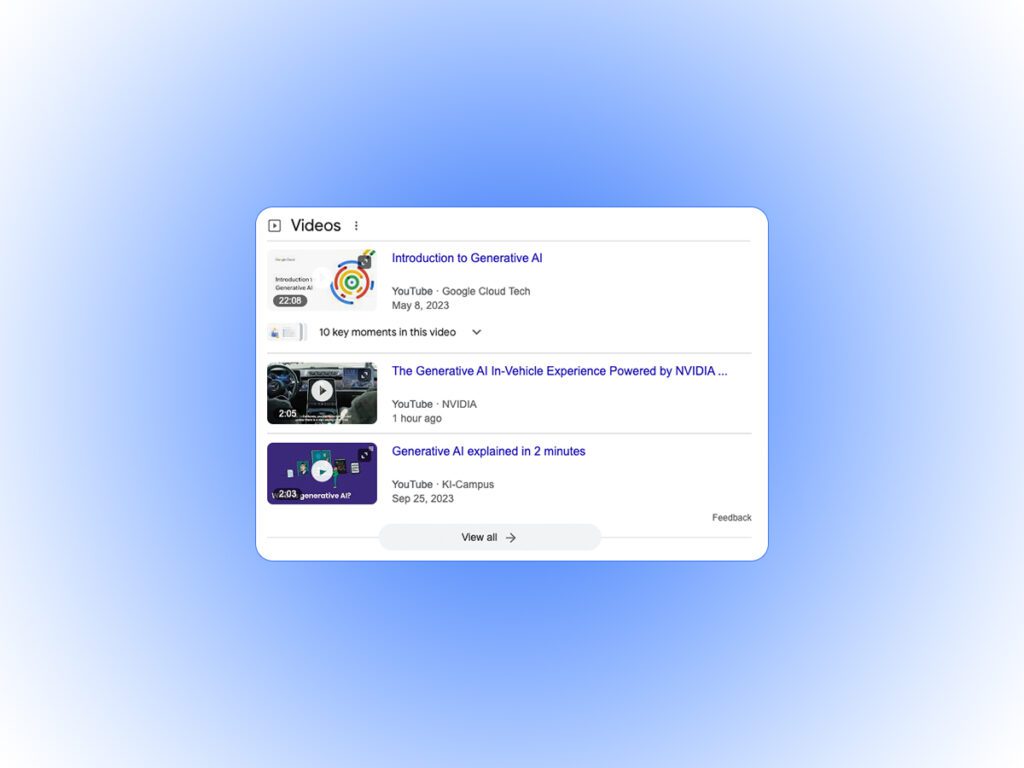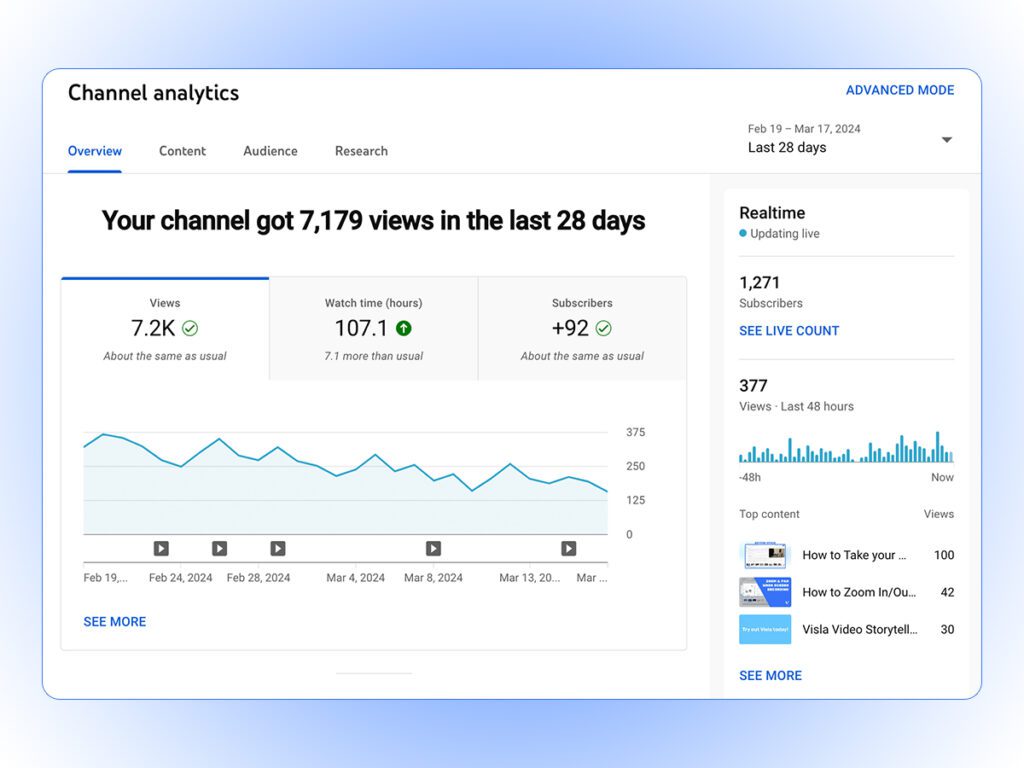As we catapult into the dynamic world of marketing in 2024, it’s clear that embracing innovation while solidifying the fundamentals is key to crafting strategies that resonate and deliver. This era, marked by the ascendance of artificial intelligence (AI) and the evolution of search engine optimization (SEO), demands a fresh yet grounded approach to connecting with audiences.
The Rise of AI in Marketing in 2024
As we step into 2024, the landscape of marketing continues to evolve at a breakneck pace, with artificial intelligence (AI) leading the charge. This shift could prove to be revolutionary, fundamentally changing how businesses connect with their audiences. Now, time to peel back the layers of AI’s impact on marketing, seeing how it’s reshaping strategies and providing a potential competitive edge.

AI’s Impact on the Marketing Landscape
Artificial intelligence is not just another tool in the marketer’s kit—it’s a game-changer. By analyzing vast amounts of data at incredible speeds, AI can help marketers understand consumer behavior like never before. This deep insight allows for more personalized, engaging, and effective marketing strategies that speak directly to the individual needs and preferences of customers.
One of the most significant advantages AI brings to the table is its ability to automate routine tasks, freeing up marketers to focus on creative and strategic initiatives. From chatbots that provide instant customer service around the clock to AI-powered video creation and editing tools like Visla, which simplify video editing and production, the possibilities are endless. These innovations can enhance efficiency and might offer the competitive edge your business needs.
Preparing for AI
Embracing AI in marketing doesn’t have to mean a complete overhaul of your current strategies. Instead, it’s about being open to the integration of AI technologies that can enhance and streamline your efforts. Start by identifying areas within your marketing operations that could benefit from automation or improved data analysis. This might include customer service, email marketing campaigns, content creation, or social media management.
Educating your team on AI’s potential and its practical applications in marketing is also crucial. Encourage them to explore and experiment with AI tools and platforms. Getting hands-on experience can demystify AI and reveal its tangible benefits.
Even if you’re not ready to fully commit to AI-powered marketing, staying informed about the latest developments and understanding how your competitors are using AI can ensure you’re not left behind.
Embrace Changes in SEO
As we thinking about marketing in 2024, the dynamics of Search Engine Optimization (SEO) are shifting more dramatically than ever before. Innovations like Search Generative Experience (SGE) and the rise of zero-click searches are redefining what it means to achieve visibility online. Additionally, the growing importance of video content and the increasing use of voice search are compelling marketers to rethink their SEO strategies.
Search Generative Experience (SGE)
SGE marks a significant leap towards enhancing the search experience through the power of generative AI. This innovative approach reimagines how search results are presented, combining familiar web results with generative AI to offer users more comprehensive insights from a single query. Google’s current tests with SGE signal the beginning of a transformative journey for search technology.
Understanding the implications of SGE for SEO is crucial. To optimize content for this evolving landscape, focus on creating high-quality, informative content that directly aligns with search intent. Incorporating long-tail keywords, employing natural language, and structuring data effectively can increase your content’s relevance and visibility in this new search environment.
Answer Engine Optimization (AEO)
As search technologies advance, we’re seeing a shift from traditional search engines to answer engines, which use AI and natural language processing to provide direct answers to user queries. This evolution gives rise to Answer Engine Optimization (AEO), emphasizing the creation of content that directly answers potential questions. AEO requires content to be easily readable and crawlable by AI, marking a shift in how we think about content creation and SEO strategies.

Zero-click searches, where the search engine results page (SERP) directly answers a query without leading to a website click, are on the rise. This trend highlights the importance of optimizing content to appear in featured snippets or answer boxes at the top of SERPs. For marketers, understanding how to adapt to this shift means ensuring your content is concise, informative, and directly addresses common queries in your niche.
To maximize visibility in a zero-click search environment, focus on question-based content and structured data that search engines can easily interpret. This approach can improve your chances of securing a coveted spot in featured snippets, maintaining visibility even as traditional click-through opportunities diminish.
The Power of Video SEO

Video content continues to capture audiences’ attention, making video SEO an essential element of any comprehensive digital marketing strategy in 2024. Optimizing video content involves more than just catchy titles and descriptions; it requires a deep understanding of how your audience searches for video content and the types of questions they seek to answer.
Tips for video SEO success include using relevant keywords in video titles and descriptions, creating engaging thumbnails, and ensuring videos are accessible and informative. Additionally, embedding videos on your website and providing transcripts can further enhance discoverability and engagement.
Voice Search Optimization

The convenience of voice search is leading to its increased adoption, significantly impacting SEO strategies. As people use more conversational language in voice queries, optimizing for these natural language searches becomes paramount.
Strategies for optimizing voice search include focusing on long-tail keywords that mimic spoken language, structuring content to answer specific questions, and ensuring your local SEO is robust. This can improve visibility for voice searches, which often seek immediate, local, and specific information.
Strengthening Your Marketing Foundation in 2024
It’s clear that the bedrock of successful marketing remains robust: a solid marketing foundation is indispensable. Amidst the whirlwind of new trends and technologies, returning to the basics can provide the stability and direction needed to navigate the changing tides. It’s all about reinforcing the foundation—understanding your audience, creating compelling content, leveraging multiple channels, and using analytics for continual improvement.
Revisiting Your Target Audience

In 2024, the cornerstone of any marketing strategy is a deep understanding of your target audience. With the digital landscape becoming ever more saturated, the ability to stand out hinges on how well you know and connect with your audience. Techniques for gathering and analyzing audience data have become more sophisticated, enabling marketers to uncover nuanced insights into consumer behavior, preferences, and pain points. Using tools like social media analytics, customer surveys, and AI-driven audience analysis platforms can provide a wealth of information, helping to tailor your marketing efforts to meet the exact needs of your audience.
Content is Still King

The adage “Content is King” holds as true today as it ever has. High-quality, engaging content remains at the heart of any effective marketing strategy. In 2024, this means creating content that is not only relevant and valuable but also perfectly aligned with the interests and needs of your audience. Tips for crafting such content include focusing on storytelling, addressing your audience’s challenges and questions, and consistently delivering value. Leveraging formats that resonate with your audience, whether through blog posts, videos, podcasts, or infographics, can significantly enhance engagement and brand loyalty.
Multi-Channel Marketing Approach
The diversity of platforms and channels available today means that a multi-channel marketing approach is more beneficial than ever. Engaging your audience across various touchpoints—from social media and email to blogs and online ads—ensures a wider reach and strengthens your brand presence. Integrating and coordinating your efforts across these platforms can create a seamless user experience that drives more meaningful interactions. Tips for a successful multi-channel strategy include understanding the unique advantages of each platform, maintaining a consistent brand message, and using data to optimize channel performance.
Analytics and Adaptation

Lastly, the role of analytics in marketing cannot be overstated. In 2024, leveraging analytics to refine and adapt your marketing strategies is crucial for staying competitive. Analytics provide insights into what’s working and what isn’t, allowing for data-driven decision-making. This involves not just looking at surface-level metrics like clicks and impressions but delving deeper into engagement, conversion rates, and customer lifetime value. Regularly reviewing analytics enables marketers to identify trends, adjust strategies in real-time, and allocate resources more effectively, ensuring that marketing efforts are always aligned with business goals.
What are the key SEO trends to watch in 2024?
In 2024, key SEO trends include the rise of the Search Generative Experience (SGE), the shift towards Answer Engine Optimization (AEO), the growing significance of zero-click searches, and the increasing importance of video and voice search optimization. SGE and AEO represent major shifts in how content is discovered and consumed online, emphasizing the need for high-quality, informative content that aligns with search intent and directly answers user queries. Meanwhile, optimizing for zero-click searches and adapting to the preferences of voice search users are crucial for maintaining visibility in a rapidly evolving SEO landscape.
How can businesses prepare for the impact of AI on marketing?
Businesses can prepare for AI’s impact on marketing by being open to integrating AI technologies that can enhance and streamline their marketing efforts. This involves identifying areas within marketing operations that could benefit from automation or improved data analysis, such as customer service, email marketing, and social media management. Educating the team on AI’s potential and experimenting with AI tools are essential steps. Even for businesses not yet fully committed to AI-powered marketing, staying informed about AI developments and considering partnerships with AI tech companies offer ways to gradually incorporate AI into marketing strategies.

Mark Horiuchi
Mark is a Content Writing Specialist for Visla. In a past life, they’ve worked as a content analyst and product expert for an in-house video content marketing team and a freelance blog writer for a wide range of clients.
